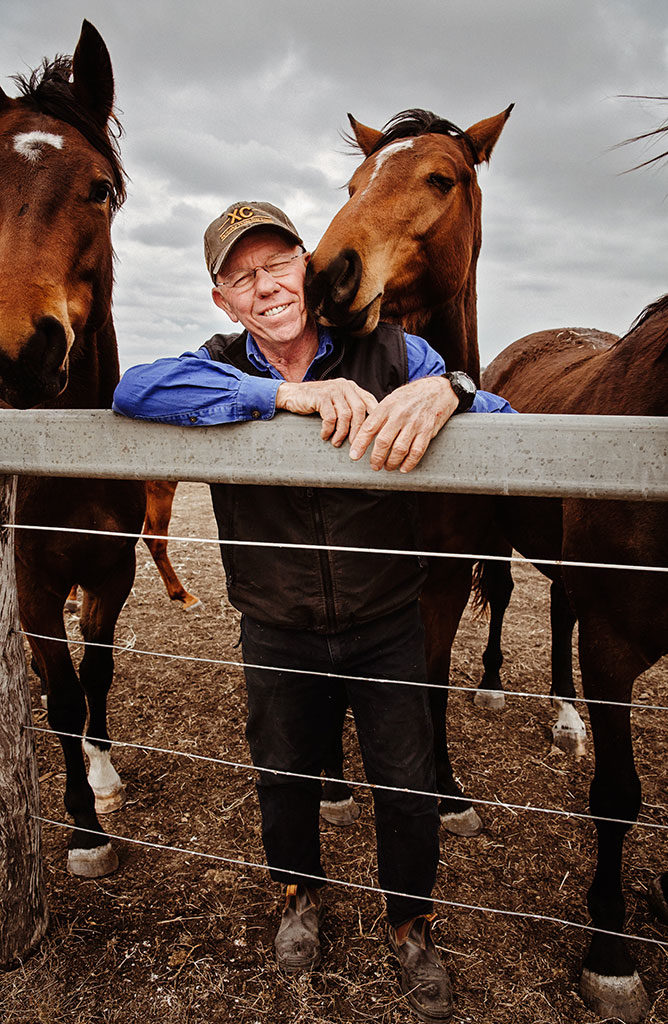I’ve come a long way from suburban kid to GP, to Wallabies team doctor, to racehorse owner and back to suburban GP, and I have no plans to retire any time soon. What has linked it all in my 40 years of medicine, and keeps me going today, is a competitive streak and a passion for all forms of sport and physical activity. I’m one of the handful of inaugural fellows of the Australasian College of Sport and Exercise Physicians. Of course, when I first started out, sports medicine wasn’t a very well-defined field of practice. Despite that, I soon found myself getting involved with sports teams of various kinds, including as the doctor for the Queensland Reds rugby union team. Through that, I went on to become the team doctor for the Australian national team, the Wallabies. It was in the late ’80s and early ’90s when Australia was playing well. They were a great group of guys, and it was fantastic travelling the world with them. But at the time, I was also developing a growing interest — some might call it an obsession — with horses. As a youngster, I had always loved the animals even though I had never had an opportunity to ride one in suburbia, with parents that weren’t particularly well off. Once I graduated from medicine, though, it didn’t take long for me to get together with a few colleagues to buy a racehorse. And the worst possible thing happened to me: it kept winning. It wasn’t long before I was hooked and started breeding racehorses. Unfortunately, I wasn’t particularly successful in that endeavour, so I moved into breeding and training performance horses for eventing at Highborne Farm, a beautiful property here on the Darling Downs in southern Queensland. It’s a real family affair. I find that raising horses is a lot like being a GP because great horses aren’t created in one day; they are nurtured over time. As with general practice, on any given day you have to be part obstetrician, part surgeon, part physician and even nutritionist, because anything can happen. It’s a lot of work, and when I go to my practice three days a week, I jokingly say to my patients that I have come to work for a rest. It keeps me fit and healthy though. I’m 70 now, and I’m seeing the children of the children I used to treat many years ago. But I’ll keep going as long as I can, while I’m still enjoying it and as long as I feel like I’m helping people.
Dr Cameron Osbourne
Brisbane, QLD
Geir O’Rourke/Samantha Bennett

